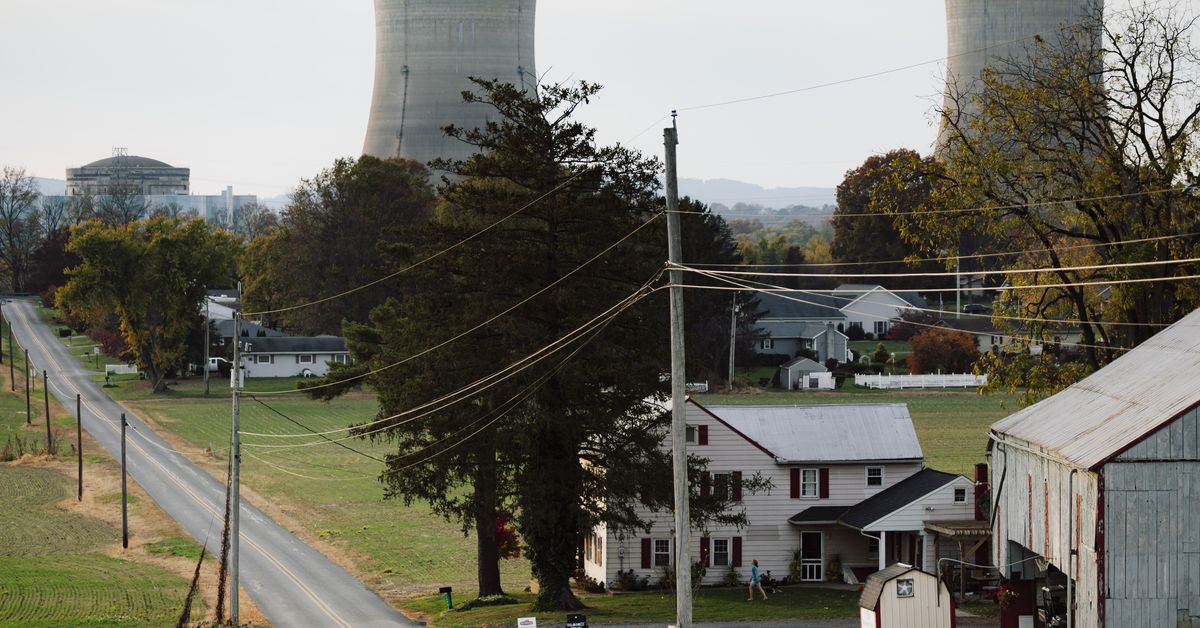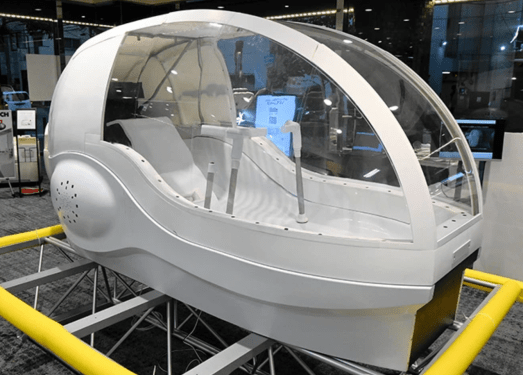The General Services Administration (GSA), which is responsible for managing government buildings, has recently announced a significant nuclear energy contract. This announcement comes on the heels of several major tech companies making a flurry of nuclear energy deals last year.
A 10-Year, $840 Million Contract for Electricity Generation
The GSA has awarded a 10-year, $840 million contract to Constellation, which operates the nation’s largest nuclear fleet. The contract is for 10 million megawatt-hours of electricity, equivalent to what’s needed for more than 1 million homes annually. According to the GSA, this contract represents the biggest energy procurement agreement in its history.
Nuclear Energy Makes Up a Significant Portion of the Contract
Constellation spokesperson Paul Adams has stated that nuclear energy makes up about 4 million megawatt-hours of the electricity included in the contract. This significant portion of nuclear energy will contribute to the nation’s carbon pollution-free energy generation.
Silicon Valley Turns to Nuclear Energy to Satisfy Electricity Demand from AI Data Centers
Silicon Valley is increasingly turning to nuclear energy to meet the growing electricity demand from AI data centers. The federal government, as the nation’s single largest energy consumer, has also made significant commitments to nuclear energy in recent years.
A Boon for the Nuclear Industry
"This agreement is another powerful example of how things have changed," said Joe Dominguez, Constellation president and CEO. "Frustratingly, nuclear energy was excluded from many corporate and government sustainable energy procurements. Not anymore."
Constellation’s Commitment to Carbon-Free Energy
Constellation generates 10 percent of the nation’s carbon pollution-free energy. A majority of its output is nuclear energy, but it also produces hydro, wind, and solar power. The company has set a goal of reaching 100 percent carbon-free electricity by 2040 compared to close to 90 percent today.
Details of the Contract
Constellation and the GSA declined to answer questions about how much of the electricity included in the contract will come from each source aside from nuclear power plants. However, the contract will allow Constellation to extend licenses for existing nuclear power plants as well as invest in new equipment and technology that should result in 135 megawatts of additional capacity.
The GSA’s Commitment to Nuclear Energy
The GSA is framing the contract as a way to lock in more affordable prices as data centers drive up electricity demand and increase competition for limited clean energy sources. In the face of uncertainty over future electricity prices, this contract provides federal agencies with budgetary stability and protections from future price increases.
The Role of Nuclear Energy in the Biden Administration’s Plan
The Biden administration has made nuclear energy a key part of its plan to transition the US away from fossil fuels to energy sources that don’t cause climate change. Last October, the Department of Energy announced a $1.52 billion loan to help restart a retired nuclear generating station in Covert Township, Michigan.
A Growing Trend Among Tech Companies
Google, Meta, Amazon, and Microsoft have all inked splashy nuclear energy deals over the past year. In September of last year, Microsoft and Constellation announced a plan to restart a shuttered reactor at Three Mile Island in Pennsylvania, the site of the worst nuclear energy accident in US history.
The Importance of Nuclear Energy in Meeting Growing Electricity Demand
As data centers continue to drive up electricity demand, nuclear energy is becoming an increasingly important source of clean energy. This contract represents a significant step forward for the nuclear industry and will provide federal agencies with a reliable and affordable source of electricity.
The Benefits of Nuclear Energy
Nuclear energy has several benefits that make it an attractive option for meeting growing electricity demand:
- Reliability: Nuclear power plants are highly reliable and can operate continuously, making them a great source of baseload power.
- Affordability: Nuclear energy is often cheaper than other forms of renewable energy, making it an attractive option for companies looking to reduce their energy costs.
- Scalability: Nuclear power plants can be built in a variety of sizes, making them scalable to meet the needs of growing demand.
- Zero Emissions: Nuclear energy generates no greenhouse gas emissions or other pollutants during operation.
Conclusion
The GSA’s recent announcement of a major nuclear energy contract is a significant step forward for the industry. As data centers continue to drive up electricity demand, nuclear energy will play an increasingly important role in meeting that demand. With its reliability, affordability, scalability, and zero emissions, nuclear energy is a vital component of any plan to transition to clean energy sources.
Key Takeaways
- The GSA has awarded a 10-year, $840 million contract to Constellation for the generation of 10 million megawatt-hours of electricity.
- Nuclear energy makes up about 4 million megawatt-hours of the electricity included in the contract.
- Silicon Valley is increasingly turning to nuclear energy to meet the growing electricity demand from AI data centers.
- The federal government has made significant commitments to nuclear energy in recent years, including the Biden administration’s plan to transition the US away from fossil fuels.
Sources
- "GSA Awards Major Nuclear Energy Contract" (press release)
- Constellation press release
- GSA website
- Department of Energy website



